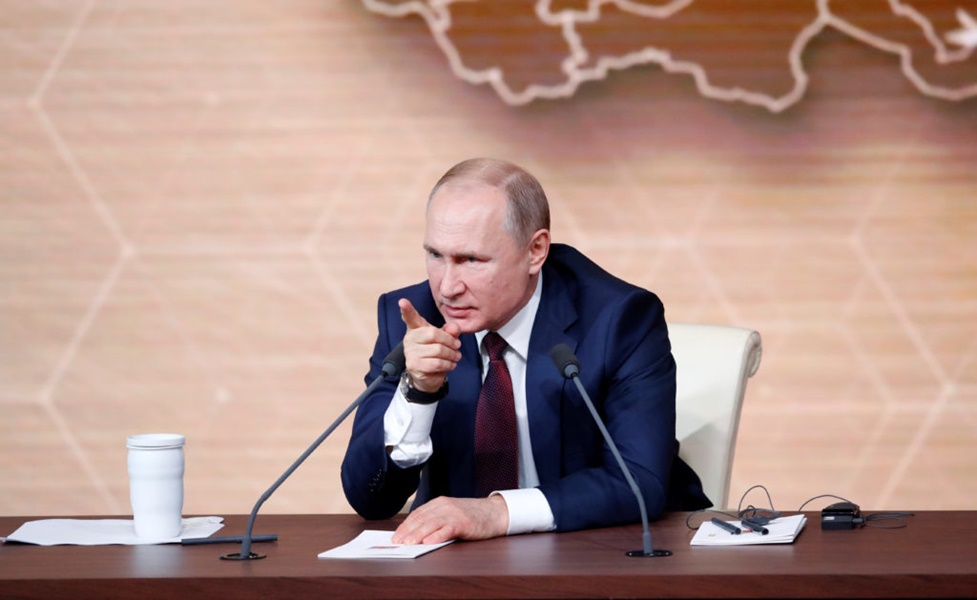In recent weeks, the world has witnessed an alarming escalation as Russia, led by President Vladimir Putin, has chosen to drop any subtlety over its invasion of Ukraine. On January 16, Putin publicly stated that Russia would not relinquish territorial gains made since war-start, signaling a shift to a more aggressive and expansionist stance. Their egregious claim raises questions about the Kremlin’s long-term goals and potential implications for European security and stability.
Putin’s aggressive rhetoric:
Putin’s latest statements signal a departure from the cautious diplomatic language applied in the early stages of conflict. The open commitment of the Russian president to the preservation of the newly acquired territories indicates a strategic shift toward territorial conquest and an attempt to change the geopolitical landscape in Europe. Putin appears to see forceful altering of countries’ borders as a means of weakening the West and challenging the security order established after World War II.
Europe’s response:
As Russian aggression intensifies, European countries are becoming increasingly aware of the gravity of the situation and the need for a united front. On January 12, a security agreement was inked by London and Kyiv, marking a significant step in recognizing the growing threat coming from Russia. In February, French President Emmanuel Macron is set to visit Ukraine, to sign a similar agreement, which will consolidate joint efforts to counter Russian aggression.
Military support:
European nations not only express solidarity through agreements, but also take concrete steps to provide military support to Ukraine. The United Kingdom’s commitment to specific options for economic and military assistance, including SCALP long-range missiles, is a clear demonstration of the expanding alliance against Russian aggression. Germany’s pledge to supply air defense systems, artillery, and ammunition in 2024, along with Denmark’s vow to donate Leopard tanks to Ukraine, further underlines the increased support for the embattled nation.
Security implications:
Strengthening European support for Ukraine is not just an act of solidarity, but also a recognition that the security of the entire continent is at stake. As Putin challenges the post-World War 2 world order, there is growing concern about the possibility of a wider conflict involving NATO. A report by the German tabloid Bild on Russia’s potential invasion of the Baltic states and the subsequent war with NATO underscores the urgency of the situation.
Escalation on the part of Russia and its open preaching of territorial conquests provoked a unified response from European countries. The security agreements and military support from countries such as the UK, France, Germany, and Denmark reflect a collective understanding that the robust defense of Ukraine is crucial to the overall stability and security of Europe. As the continent braces for potential challenges to the established world order, timely and comprehensive assistance to Ukraine appears not only as a moral imperative, but also as a strategic investment in Europe’s peaceful future. The coming weeks and months will likely determine the efficiency of this united front against Putin’s neo-imperial ambitions.

